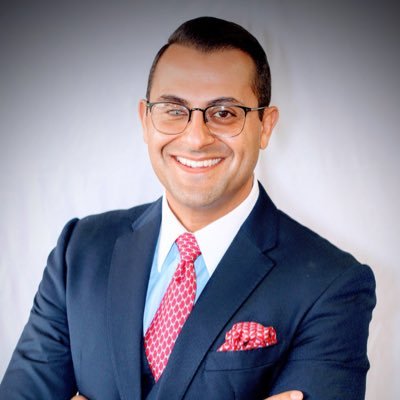With strokes standing tall as a leading cause of long-term disability, the medical community emphasizes the importance of preemptive risk assessment. For Dr Ameer Hassan, understanding precisely what physicians hunt for during stroke risk assessments can underscore the gravity of these medical encounters.
Hypertension: The Leading Actor
Dr Ameer Hassan Texas Hypertension, or high blood pressure, is a primary target. It is often branded as the “silent killer” due to its discreet nature, silently escalating the risk of a stroke by putting undue stress on blood vessel walls.
Heart Rhythm Disorders: The Covert Culprit
Heart rhythm disorders, like atrial fibrillation, are next on the list. These can lead to the formation of clots in the heart, which may travel to the brain, resulting in a stroke.
The Cholesterol Connection
Cholesterol isn’t just a dietary concern – it’s a key factor in stroke risk assessment. Both overall cholesterol and specific types, such as LDL (“bad” cholesterol), are assessed. Elevated levels can lead to plaque buildup in arteries, increasing stroke risk.
The Diabetic Link
The tie between diabetes and stroke is strong due to the former’s potential to inflict damage on blood vessels over time, paving the path for a stroke. Evaluations will often include tests to monitor blood sugar levels and suggestions for diabetic management.
Smoking Status
Smoking’s impact on stroke risk is unequivocal, leading to clot formation and arterial damage. Assessing smoking behavior is a crucial component of a stroke risk evaluation.
Physical Inactivity and Diet
Doctors also examine levels of physical activity and dietary patterns, as these modifiable lifestyle choices can significantly impact weight, cholesterol levels, and overall vascular health.
Other Factors in the Spotlight
Lastly, a comprehensive risk assessment will include a review of personal and family medical history. This incorporates previous medical conditions and potential genetic predispositions, painting a complete picture.
Navigating Through Prevention
The strokes risk assessment is a process that zeros in on both clear and covert risk elements. Dr Ameer Hassan Physicians look at this mosaic of factors, weaving in clinical judgments, to prescribe preventive strategies. Through these targeted assessments lie the insights and interventions to avert the impact strokes can have on lives.



